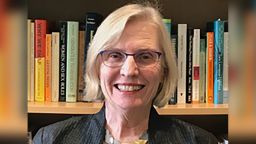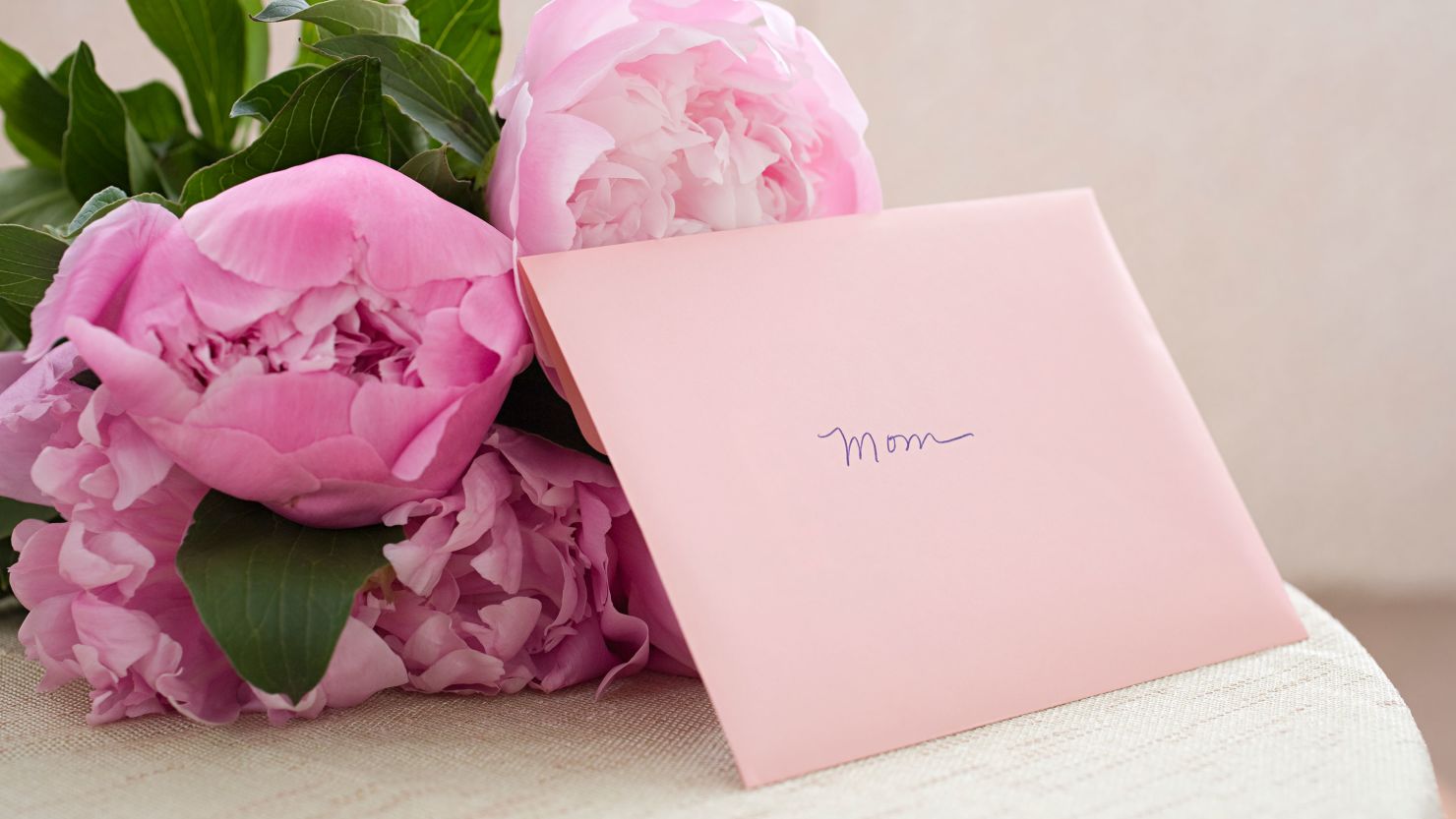Editor’s Note: Maggie Mulqueen, PhD, is a psychologist in Brookline, Mass., and the author of “On Our Own Terms: Redefining Competence and Femininity.” More of her work can be found at drmaggiemulqueen.com. The views expressed in this commentary belong to the authors. View more opinion at CNN.
Mother’s Day cards can be tricky for people like me. Adorned with words of thanks and admiration, the cards assume a relationship between sender and receiver full of love and gratitude. When my mother was alive, I’d avoid such cards in favor of blank ones in which I could craft a personal message that was more genuine. My messages to her were never unkind, but they were tempered by the reality of the ways she failed me.

My mother was an extraordinary woman. She was my role model for embracing culture, travel and education. Unfortunately, her desire to lead a life filled with these pursuits for her felt incompatible with being a stay-at-home mother in the 1960s, so she divorced my father and moved into her own apartment when I was 11 years old.
This was the start of the disintegration of my family, leading to both my older brothers leaving home soon thereafter. I never lived with my mother again, though I did meet her for outings in New York City on the occasional weekend. Our relationship was fraught with hurt and disappointment. She could be incredibly fun, but she was not reliable. Her own wishes always came first; I rarely felt seen or heard by her.
While our society has a shameful track record of unfairly blaming mothers for all sorts of ills and conditions, there are, admittedly, mothers who, for a myriad of reasons, parent in a way that compromises their child’s development. For children in these circumstances, like myself, a found mother can be nothing short of a life saver.
When an adult takes on the responsibility of helping to raise a child outside of their own family, whether by giving them a warm bed or just being a steady, supportive presence, it does more than fill that child’s gaping need for love and guidance. It sends a powerful message to society as well as the children themselves that they are worth investing in, and that message should be reinforced by public appreciation and celebration. Yet too often, these relationships can remain mostly hidden in our culture.
It would be so much healthier if we could expand our vision of Mother’s Day to publicly include these adults and thank them for the care and devotion they provided. That would not only go a small way toward repaying their kindness and encouraging others to do the same, but it would also help remove the shame and stigma that children who bond with other mothers often feel. It could go a long way toward relieving them of the burden of how to describe their importance to outsiders and incorporate them fully into their lives as they age – a difficulty that’s often part of the reason these mother substitutes remain hidden. This could also help dispel the social tropes that elevate the power of a mother’s love above all else and serve to reinforce an unhealthy echo chamber in which all mothers are above reproach. In this context, children can grow up deeply insecure and believing they are at fault for not being worthy of their mother’s unconditional love.
In my psychotherapy practice, I can readily differentiate between my adult patients from difficult homes who were fortunate enough to have a found parent and those who were not. The former exhibit an ability to question the veracity of outside opinions and have a more positive sense of themselves than those who didn’t benefit from a parent-like relationship outside their family. The power of that alternative voice telling them of their worth, the opportunity to go on a vacation with a family where the focus was on fun instead of violent arguments or the chance to share meals with someone rather than eating alone helped each of these patients create a different future for themselves and significantly enhanced their capacity to thrive.
Unfortunately, my patients who suffered without a found parent typically have had a harder time healing. As one patient said to me, “I know it sounds crazy, but even though I don’t trust my mother, in my heart I still believe her.” Helping her think about the possibility as an adult of creating a found mother figure outside her family of origin offers her hope that she can begin to appreciate rather than continue to question her own value in the world.
The woman who rescued me was already a mother to her own children, but she found room in her heart for me, too. Around the time my mother left, I started spending more and more time at my best friend’s home. There I developed strong connections with everyone in the family, connections I have maintained more than 50 years later. My friend’s mother was my role model for the rewards that could come with being part of a family. She supplemented my education by teaching me how to cook, sew and engage in thoughtful, lively dinner conversations – letting me know my voice mattered. Her home was inviting and warm and a place where people wanted to gather.
Despite having five children, being a teacher and running a busy household as a minister’s wife, she showed me an alternative version of what having a mother could feel like, as well as a different interpretation of what it meant to be a mother. She was not flawless, and she did not make being a mother look easy, but her greatest gift was to model for me that family members make time for each other and work things out rather than leave. Ultimately it was her faith in me that led me to risk becoming a mother myself.
Get our free weekly newsletter
While there were no ready-made cards to express my feelings for her nor a special day on the calendar to celebrate our relationship, I always made sure that she knew how important she was to me and that there was a place for her in the family I created. When I had children of my own, they called her “grandmother” at her request. Ours was an important and cherished relationship, albeit one that occasionally perplexed people in the world around me who lacked a framework for understanding its provenance and significance.
I like to imagine a time in our society when this framework exists; when found families come out from the shadow and are celebrated rather than stigmatized as a by-product of damaged or inadequate families of origin. Who knows? Someday there might even be a market for greeting cards that express our true feelings for all those who loved and mothered us along the way.





